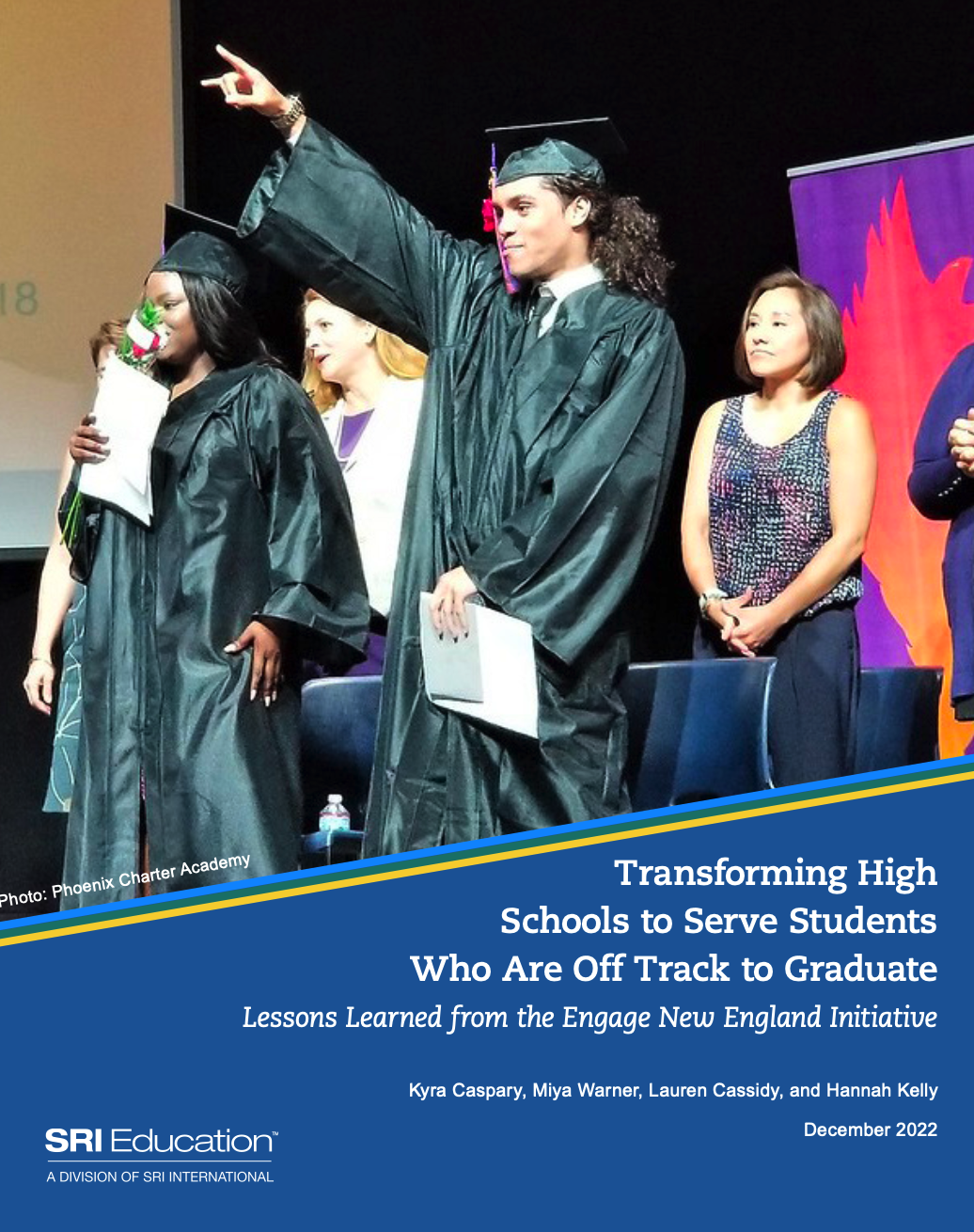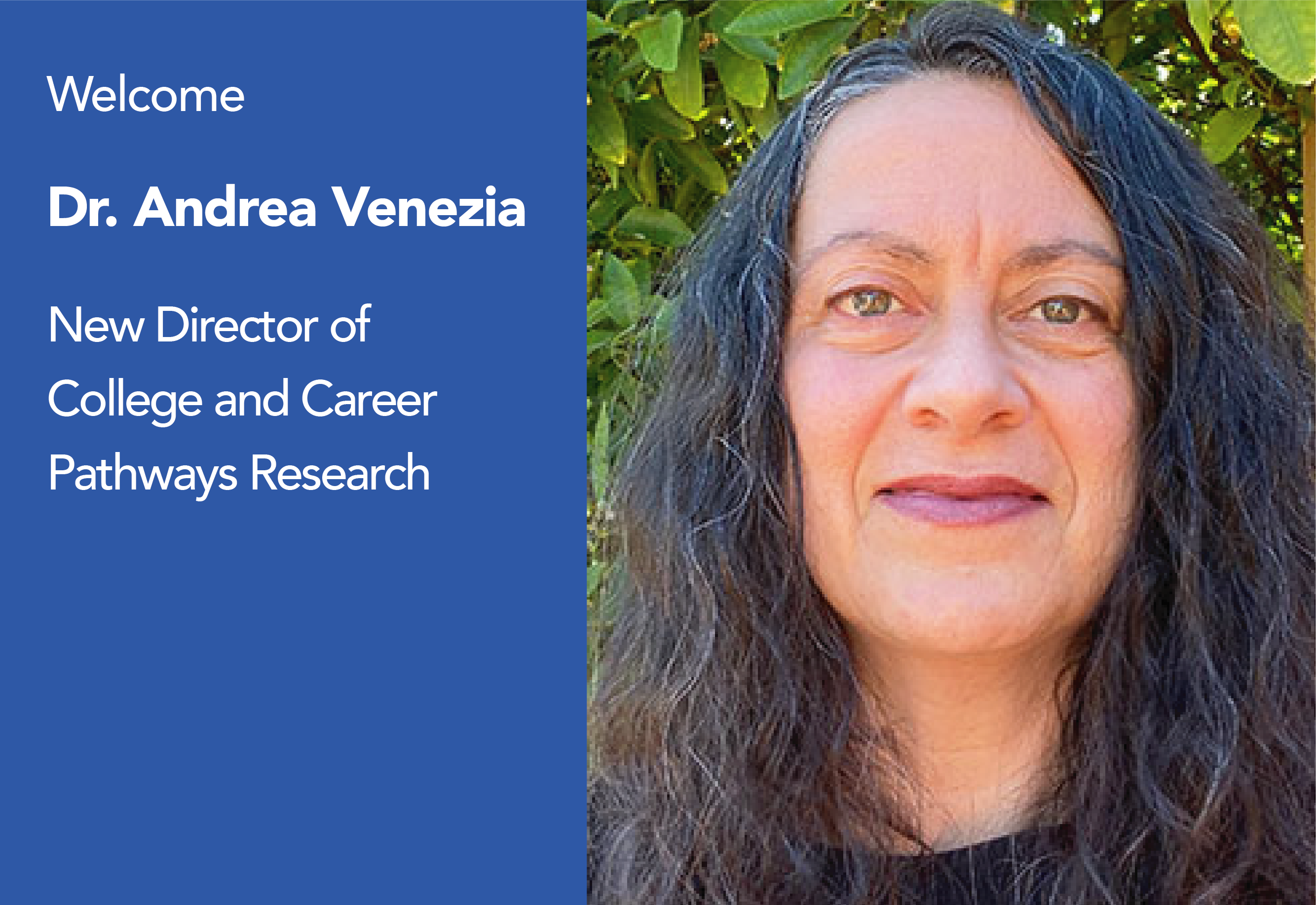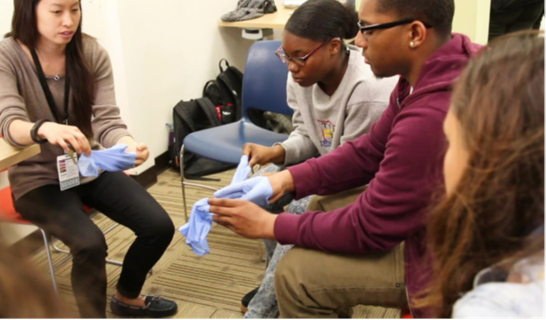In recent years, Tennessee education leaders have expressed concern over stagnant or declining college enrollment rates and a weak education-to-workforce pipeline.1 According to the State Collaborative on Reforming Education, only 26 percent of Tennessee students who started high school in 2012 earned a postsecondary degree by summer 2022, with even lower percentages for students of color over the same time period.1,2 Alarms were sounding.
What do high school graduates need to know and be able to do to be prepared for college and career? This is the fundamental question that state policy makers confront when determining minimum high school graduation requirements or assessing whether these requirements need to change to meet the needs of a rapidly evolving economy.
The Barr Foundation’s Engage New England (ENE) initiative was an effort to catalyze high school innovation by developing exemplary schools that support the success of students who are off track to graduate. Grounded in the tenets of positive youth development, the ENE initiative provided grants and technical assistance to support new or redesigned schools in … Continue reading Transforming High Schools to Serve Students Who Are Off Track to Graduate
This brief describes the approaches Engage New England (ENE) schools used to support academic case conferencing and their implementation of key practices.
This brief describes common facilitators and challenges experienced by Engage New England (ENE) grantees as they worked to further their instructional systems. It also provides some promising practices that grantees used to support these efforts or to address challenges.
This brief presents the lessons learned and common themes across Engage New England (ENE) grantees, as well as implications for planning and implementation that may be useful for subsequent cohorts of ENE grantees as they prepare to launch their programs or schools.
Over the past 2 decades, the United States has seen enormous growth in the science, technology, engineering, and mathematics (STEM) fields. This growth has been particularly strong for high skill technician jobs in technology and computer science, which offer a promising path to the middle class for many Americans.
Dr. Andrea Venezia joined SRI Education in May as our new director of college and career pathways research, co-leading the program area with Dr. Miya Warner. Most recently, Andrea was a professor of public policy and administration at Sacramento State University and executive director of the Education Insights Center.
The Oakland Health Pathways Project involves education and industry partners in expanding education and long-term employment opportunities for youth of color in Oakland, California. Project partners used the Linked Learning approach to engage students in education and employment experiences related to the health care field.
This research brief identifies promising strategies for embracing student voice in school design based on the experience of Engage New England (ENE) grantees. Successfully engaging students in decision-making and school design is not as simple as inviting them to attend staff meetings. As ENE grantees learned, meaningfully engaging students requires planning, scaffolding, and sustained attention … Continue reading Designing Schools with and for Students











